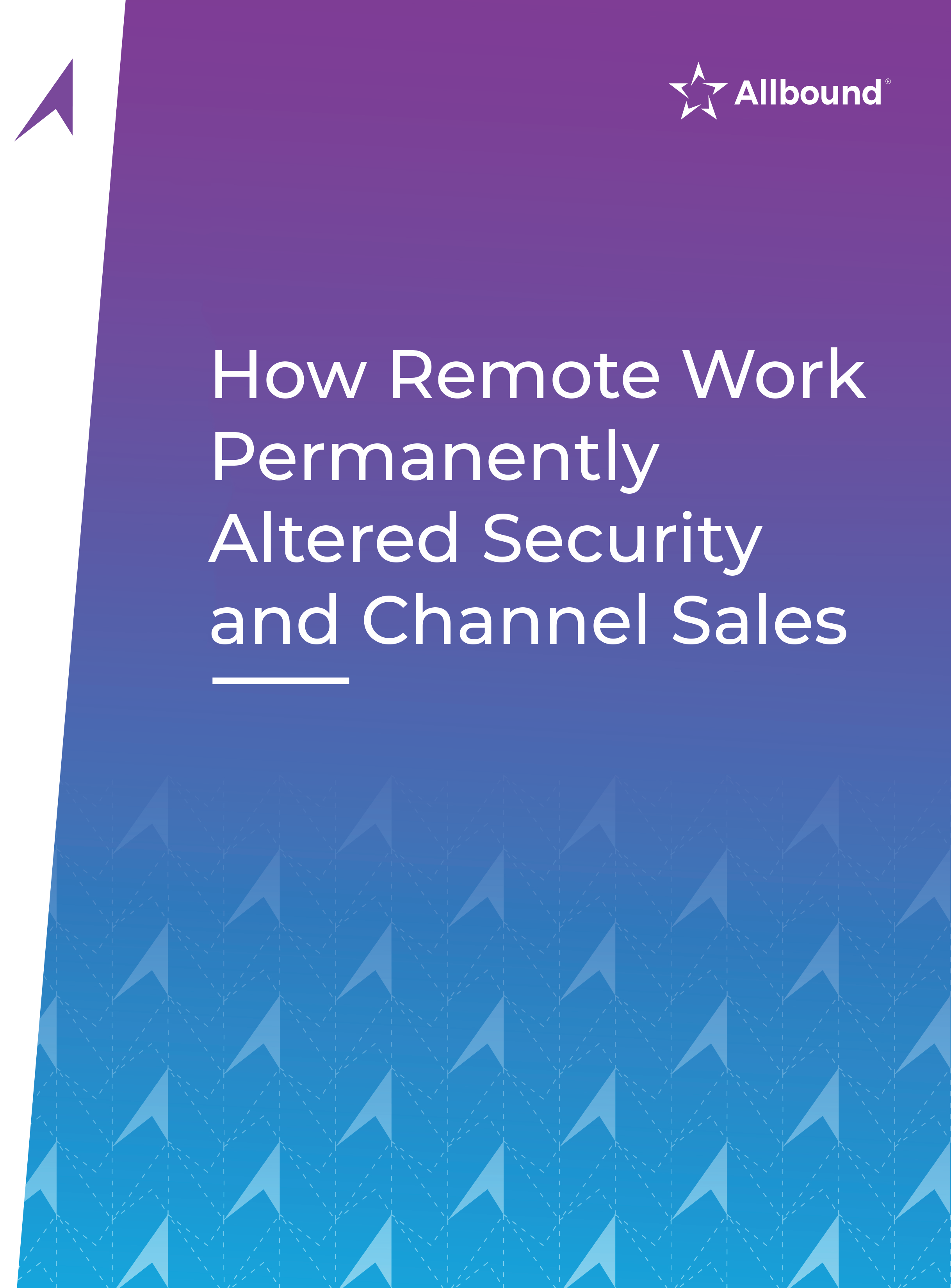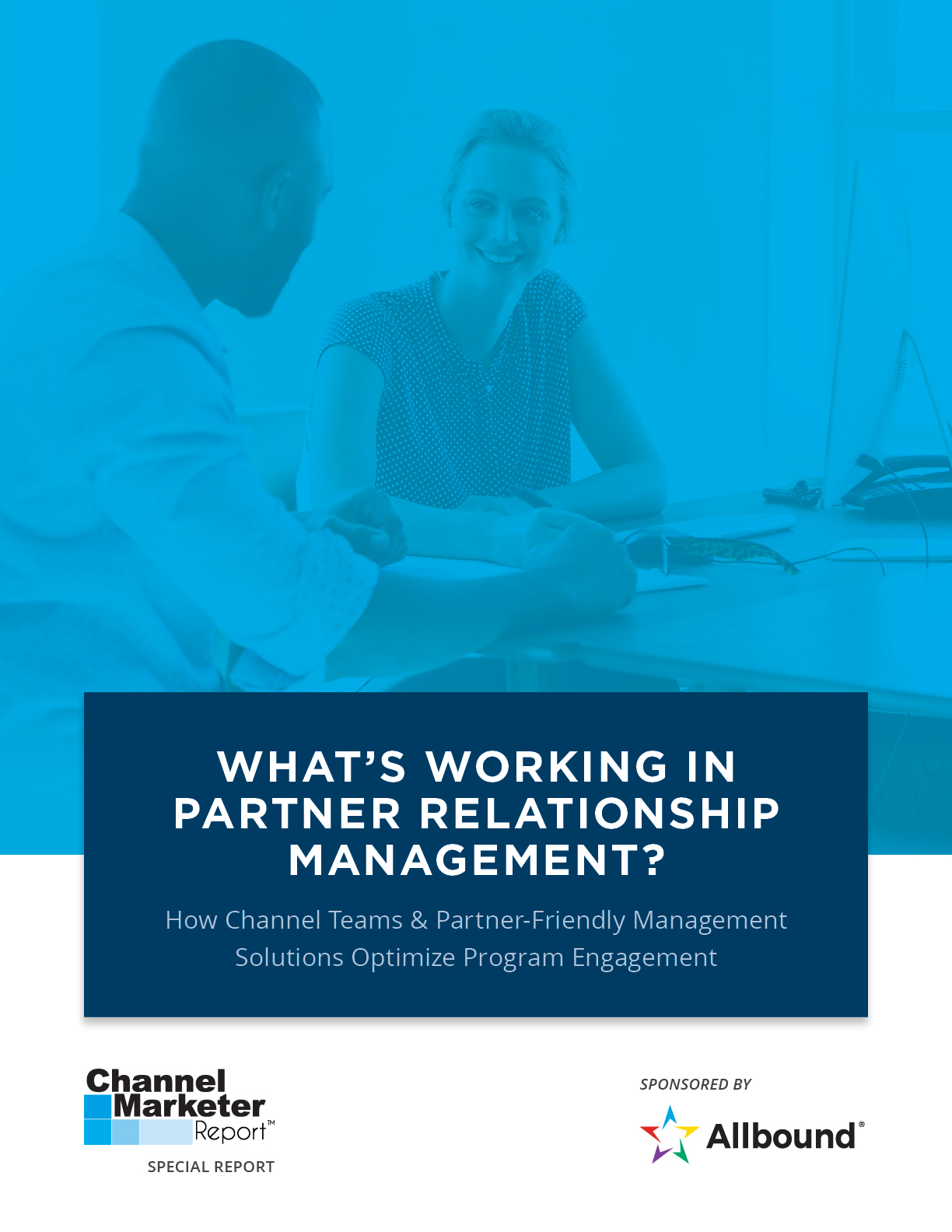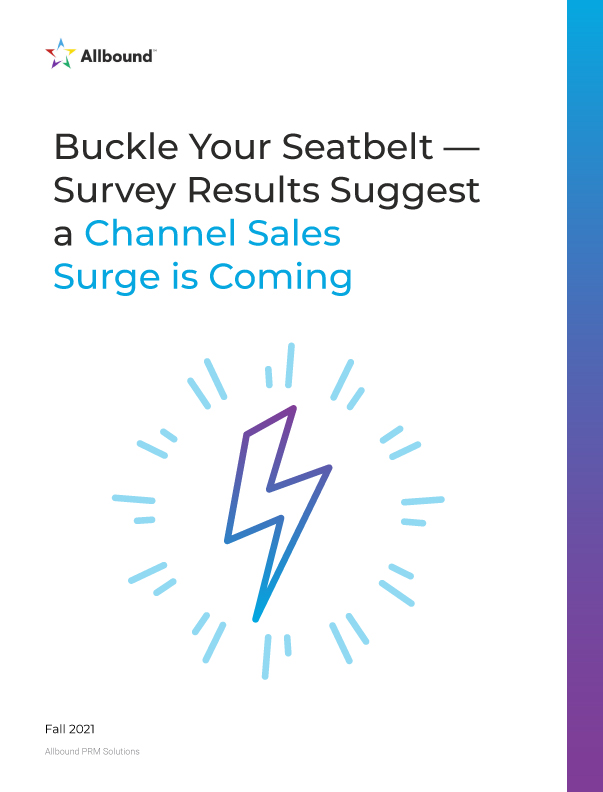Topics
Using Your Blog To Promote Valuable Channel Content
 By Scott Yates, Founder, BlogMutt
By Scott Yates, Founder, BlogMutt
Let’s say you have a son or daughter graduating from college. This is a great accomplishment, and you and your child will understandably want to announce it in some special way, possibly with printed cards created just for the occasion. That’s great.
Now, let’s also say that you visit a coffee house every morning. You are on a first-name basis with the barista, and a few of the regulars. Will they find out that your child is graduating? Maybe, but maybe not.
So it is when you create an E-book, quarterly webinar or some other important piece of content.
It’s special, you put a lot of time and effort into the creation, so you probably sent out a special email blast and put a snazzy-looking link on your home page. And well, you should.
But did you tell the gang at the coffee house? In this case, the coffee house is your own blog.
Did you do a post about your E-book? Did you put a link at the bottom of your last post about your latest webinar?
Your blog readers are your friendly readers. They are already interested enough in you to subscribe. Or they were searching for your keywords and found your blog, so they are already looking for more. If they came straight to your blog and bypassed the homepage, they may not know about that awesome new E-book.
When Information Spills Over From The Blog Into Content Pieces
Let’s say you have a blog about construction equipment channel sales. At first, you might only write about construction equipment, the condition of the market, and tips for buyers and sellers, etc. After a while though, you might start adding blog posts about particular products, workplace conditions and other related topics.
At some point, it’s possible that you might also want to provide your readers with more information than can be contained in a blog post.
This is the reason businesses have started producing white papers, E-books and newsletters. Sometimes, web sites also host events such as talks with experts, and webinars. Although your blog might be the one steady aspect of your web site that is updated on a regular basis, you can augment it, too, by producing valuable content pieces like these E-books and webinars.
Blogs are a great warm-up for E-books, but once you issue an E-book, you need to remember to promote it on the place that started you on the path to create the content in the first place.
Short And Sweet vs. Long And Detailed
While a blog is short and sweet, and can be consumed in bit-sized pieces, white papers, E-books and webinars can give the audience more in-depth information about the topic at hand.
This is why it’s best practice to have information in both forms on your web site. If someone just wants to understand the gist of a topic, they can get that information through your blog. If they want more in-depth information about a topic, the blog post can refer them to something longer that they can download, such as a white paper or an E-book.
These content pieces are a bit more difficult to produce, partly because they are longer and more detailed. On the other hand, there are times when you might even have to curtail yourself so that you don’t go over a certain page limit. Whether you’re writing a blog or a white paper, you have to tailor your writing to the genre you’re writing in, and both these genres can be challenging in different ways.
The Blog As A Marketing Tool For Other Content Pieces
Once you’ve produced a more in-depth piece of writing or a detailed video that will answer all of your audience’s questions on a certain topic, the next challenge is getting people to download and peruse these content pieces. This is where the blog comes in as the perfect marketing tool. Given that your blog is going to be updated on a regular basis, it’s a good platform to inform your readers about other content pieces they may find valuable and relevant to their businesses.
- Create a strong teaser: One way of getting people interested in your white papers is using the blog to give them a taste of what they’re going to find. You can do this by quoting from the white paper in the blog, or just summarizing what the white paper is about. If you give people an interesting introduction to the topic within the body of the blog, they’re going to be much more likely to click on that link and look for more ideas and information.
- Have some fun: You might also want to keep in mind that it helps when your writing is both entertaining and informative. Grab people’s attention in the blog by making them laugh, or by referring to something popular and trending. Follow this up with something more serious, informative and detailed in a white paper or E-book.
- Offer two perspectives: Another technique that you could use is contrasting your blog content with your white paper or E-book content. You would present one point of view in your blog, but refer your readers to a white paper to understand a different point of view. For example, if your blog is about the modern and spare style of interior decoration, you could refer them to a white paper about the ornate Victorian style of interior decoration, in order to get contrasting perspectives.
With these tips and best practices, the humble blog becomes not so humble, and can serve a variety of purposes — from the purely informative to the purely promotional. However, it always helps to maintain a good balance between these two extremes if you want to develop a readership, and provide them with more information in the form of multiple content pieces.
Scott Yates is the Founder of BlogMutt, a content creation service with more than 3,000 U.S. writers. He’s actively looking for channel partners who resell marketing services to SMBs. If interested, contact him directly.














